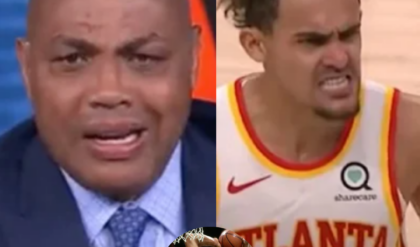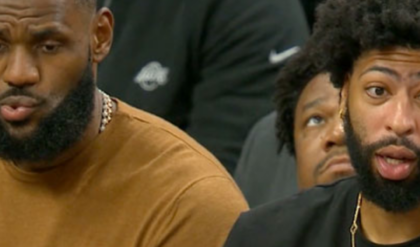Caitlin Clark’s decision to enter the 2024 WNBA Draft, which she announced Thursday night, provided a morale lift for the professional basketball league’s executives.
Amid the backdrop of warnings from NCAA players such as LSU star Flau’jae Johnson, the WNBA faced the possibility of a full-blown crisis if Clark had remained at Iowa for another year.
This past week, Johnson gave an interview in which she questioned the standard of life the WNBA provided players, suggesting college athletes might have it better in certain respects.
Her views were hardly unique. People in the women’s basketball community have offered similar sentiments for a while. UConn standout Paige Bueckers recently announced she’d forgo the upcoming draft, underlining the unusual balance of power between college and the pros.
“The conditions for the players,” Johnson told Fox News Digital about what needs to change in the WNBA. “You go to college, and you’re treated like a pro. Then, you go to the pros and you’re treated not like a professional. In that way, I say the league can be better. I know everybody will say revenue, but it’s going to take time for the game to get to where it’s supposed to get.”
Johnson continued: “Living arrangements, travel arrangements – that’s very important to the athlete. I was fortunate enough to be in college for the NIL era, so I’ll be more than fine going to the league. But, yeah, that’s very important.”

LSU sophomore Flau’jae Johnson said the WNBA must improve the quality of life for its players. (
Image:
Getty Images)
Nowadays, student-athletes can sign sponsorship deals based on their name, image and likeness (NIL). With WNBA base salaries not exactly needle-movers, particularly for incoming rookies, there was a genuine chance of the sharpshooter staying put for one more NCAA campaign.
Instead, the guard will take her game to the WNBA, where the Indiana Fever will almost certainly select her with the No. 1 draft pick in a matter of months. Already, online interest is spiking for Fever season tickets, with Clark’s legion of followers ready to stick by her side wherever her career takes her.
Even so, Johnson’s warning to the WNBA seemingly has merit. As mentioned, Bueckers will skip the draft despite being a projected top-five pick. At the same time, many still-undecided eligible players, such as Stanford star Cameron Brink, have acknowledged that it’s at least tempting to prolong their college stints.
Those trends set women’s college basketball far apart from men’s college basketball, where there’s been a massive talent drain with most top prospects leaving as soon as possible – if they even attend school at all.
The NBA offers exponentially higher salaries to players and gives its members a greater share of revenue, with the latter issue a sore spot among WNBA athletes. At some point, WNBA leadership will likely need to reckon with the discontent regardless of what players like Clark do.





